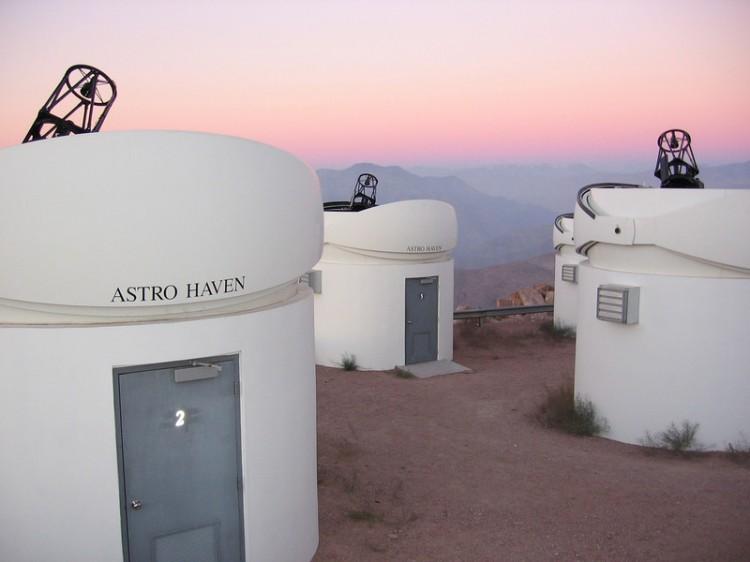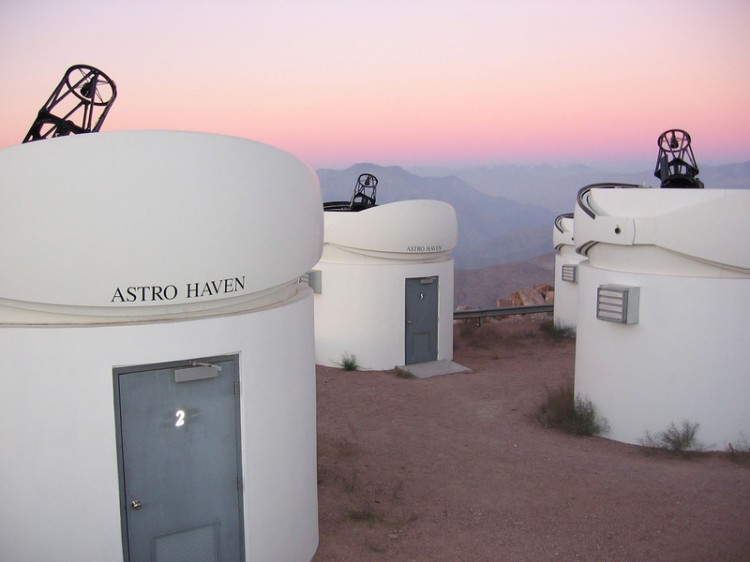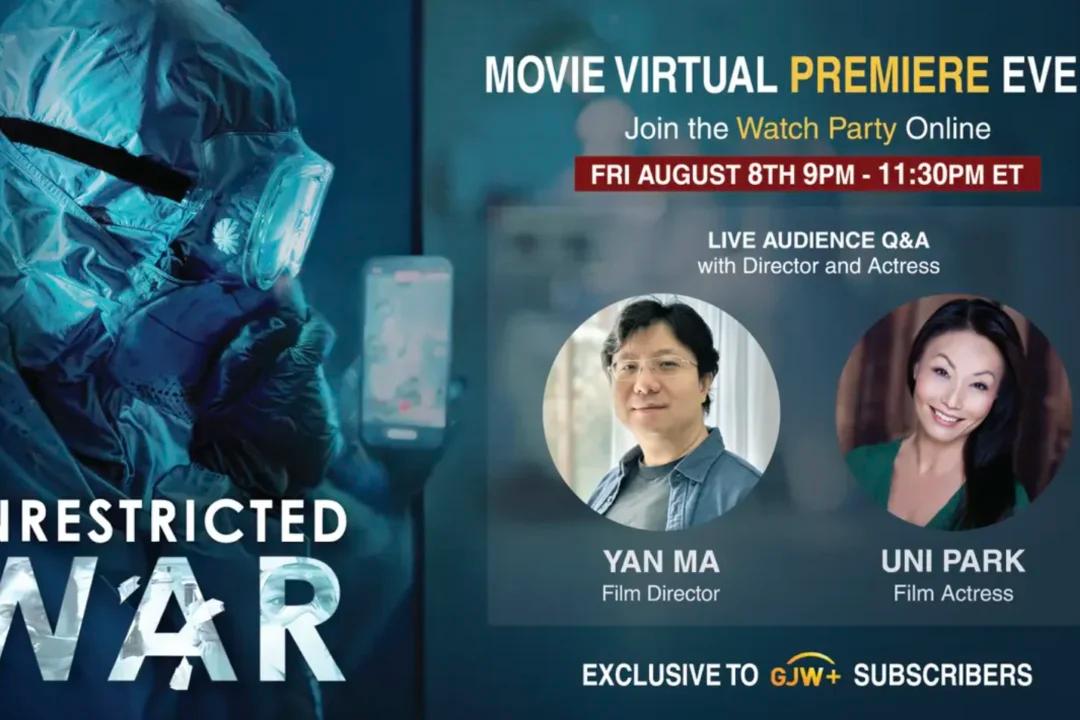Through a new program called Skynet Junior Scholars, middle school students will soon have their minds focused on the universe.
High expertise-level telescopes will be at the students’s fingertips, and they will be able to control robotic telescopes located in places such as the Chilean Andes, Europe, Australia, or the United States—all through a web portal called Skynet, which is a growing network of robotic telescopes operated by students, faculty, and staff at the University of North Carolina at Chapel Hill (UNC–CH).
It all has been made possible by a meeting of astronomers and scientists, outreach coordinators in educational astronomy and more throughout the nation, a $1.6 million grant from the National Science Foundation, and other groups like 4-H and the Astronomical Society of the Pacific.
The University of Chicago (UC) is taking the lead on the program; they have the optical telescopes, which are normal physical light telescopes. Richard Kron, an astronomy and astrophysics professor at UC, is heading up the project, and he works at the Yerkes Observatory.
The National Radio Astronomy Observatory in Green Bank, W.V., also a partner in the program, has the radio telescopes—giant satellite dishes that see the invisible universe in the form of radio waves.
“It’s light, but it’s not light you can see with your eyes,” according to Dan Reichart, director of the Skynet Robotic Telescope Network and the Morehead Observatory and physics and astronomy professor at UNC–CH.
According to Kron, to get young people to enter the STEM subjects is to get them to see those subjects as a human endeavor. Credit for advances in technology should go to the people behind them, not to computers and telescopes. As impressive as the equipment sounds, “It’s basically done by people,” Kron said.






